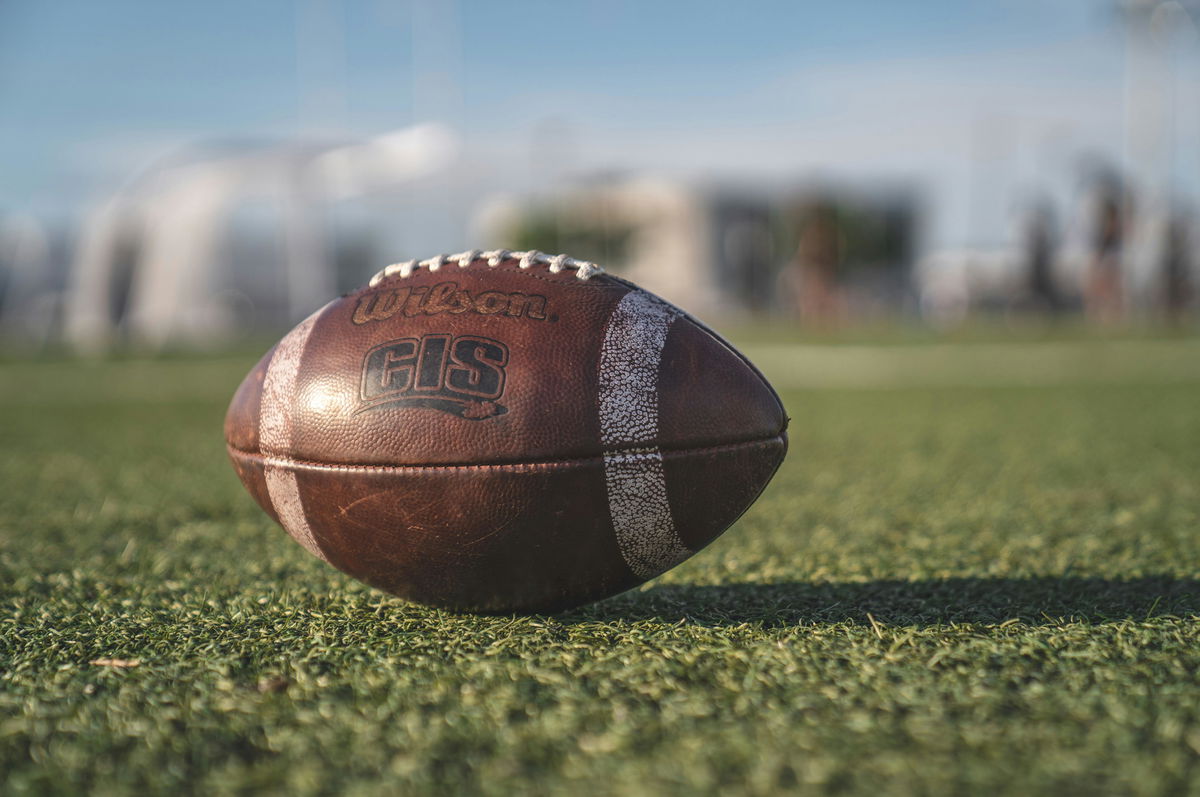

The College Sports Commission (CSC) was formed as part of the House v. NCAA settlement to become the central governing body overseeing NIL (Name, Image, and Likeness) revenue sharing and third-party payments to college athletes. Intended to ensure deals have a valid business purpose and to regulate direct pay among schools and athletes, the CSC promised a transparent future and fair oversight for the new era of college athlete compensation.
Watch What’s Trending Now!
But with the introduction of the NIL GO initiative (a digital clearinghouse for athletes to report their NIL deals), the reality has been messy. While the system was meant to streamline approval and enforce compliance, stories are piling up about delays and inefficiency. NIL GO’s process, designed by Deloitte, is reportedly taking weeks, sometimes over a month, to respond to athletes and collectives, leaving players’ deals languishing in limbo.
That brings us to Landon Tengwall, the former Penn State lineman who’s amplifying frustration across college football on social media. “NIL GO is an unmitigated disaster. I’ve talked to multiple CFB players that have submitted NIL deals well over a month ago and still have not gotten a response from NIL GO,” Tengwall tweeted. His point is hard to ignore. He also said, “I’d completely ignore these new NIL rules if I were a CFB program. The NCAA won’t punish anyone anyways.”
ADVERTISEMENT
Tengwall’s public frustration mirrors stories from collectives and agents that some deals have been stalled past their expiration dates, causing athletes to lose out on real opportunities. The CSC itself admitted, “the College Sports Commission regrets these early delays,” promising things will improve as more deals come through the system.
NIL GO is an unmitigated disaster. I’ve talked to multiple CFB players that have submitted NIL deals well over a month ago and still have not gotten a response from NIL GO
I’d completely ignore these new NIL rules if I were a CFB program. The NCAA won’t punish anyone anyways
— LandonTengwall (@LandonTengwall) August 16, 2025
It’s not just one or two disgruntled players. Multiple reports from industry insiders and collective operators are calling the whole process “kind of a joke.” Some deals are stuck with no guidance; others are likely to be rejected under new rules that bar collectives from acting as simple pass-throughs for payment. The chaos means athletes who thought they’d finally get direct pay thanks to the historic House settlement are instead left waiting, often unpaid, sometimes forced to cancel deals or appeal to third parties.
ADVERTISEMENT
At the end of the day, the House settlement was supposed to usher in a new, fairer era for college athletes. The CSC and NIL GO were meant to make big promises a reality. But so far, the system itself has become the biggest roadblock, breeding uncertainty and frustration across college sports. Unless major improvements arrive soon, it’s hard to argue with Tengwall’s advice, and athletes may ultimately have no choice but to bypass the process altogether.
ADVERTISEMENT
The CSC eases rules, but frustration builds as NIL GO stalls payments
In late July 2025, the College Sports Commission (CSC) flipped the script on NIL collectives. Previously, blanket bans kept these booster-backed groups from paying athletes directly. Now, after legal pushback and outcry from schools and athletes, the CSC loosened its stance. Collectives can pay student-athletes, but every deal must have a valid business purpose and proof of a product or service being offered to the public for profit. It’s not a return to pay-for-play. But it’s a major pivot that lets collectives operate with more freedom as long as they can document efforts to profit from the deals and ensure fair market compensation.
This relaxation aimed to bring clarity and flexibility after the House settlement changed how universities could share revenue with athletes. But with new freedom comes new friction. Every NIL transaction with a collective now has to go through the CSC’s NIL GO portal for approval. Deals are evaluated on business purpose, profit intent, and compensation range, benchmarks that should protect competitive balance, but are leading to major processing delays. The system was supposed to streamline the messy world of college athlete payments, but so far, deals are getting stuck in the NIL GO queue, leaving athletes and collectives in limbo.
Top Stories
Sean McDermott Announces Bad News for Josh Allen as Bills QB Rings Alarm Bells
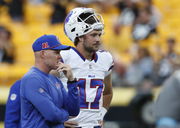
Baltimore Ravens Make Kevin Stefanski Announcement After Firing John Harbaugh for Lamar Jackson Fallout
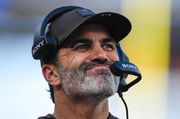
PGA Tour Makes Feelings Clear as $14 Billion Sponsor Cuts All Ties After 17 Years

Novak Djokovic Faces Roadblock as He Won’t Be Able to Represent Serbia After Australian Open

NFL Legend Terrell Owens, Terry Bradshaw’s Wife & More Share Messages After ICE Shooting Controversy
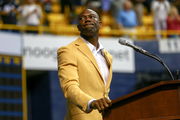
‘NASCAR on Sale?’: France Family’s $5B Empire in Talks to Get Sold Just Weeks After Losing Lawsuit
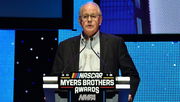
The result? Rising frustration and growing skepticism. People like Landon Tengwall have sounded off that tens of NIL deals are left pending for weeks, stripping athletes of promised opportunities and paydays. The NIL GO portal, intended as a gatekeeper for legitimate deals, instead finds itself at the center of complaints about inefficiency and unnecessary red tape. For all the promises of oversight and fairness, the CSC’s attempt to loosen the reins has only complicated an already confusing NIL landscape, with the regulatory backlog itself now threatening athlete compensation and trust in college sports reform.
ADVERTISEMENT
ADVERTISEMENT
ADVERTISEMENT
ADVERTISEMENT

